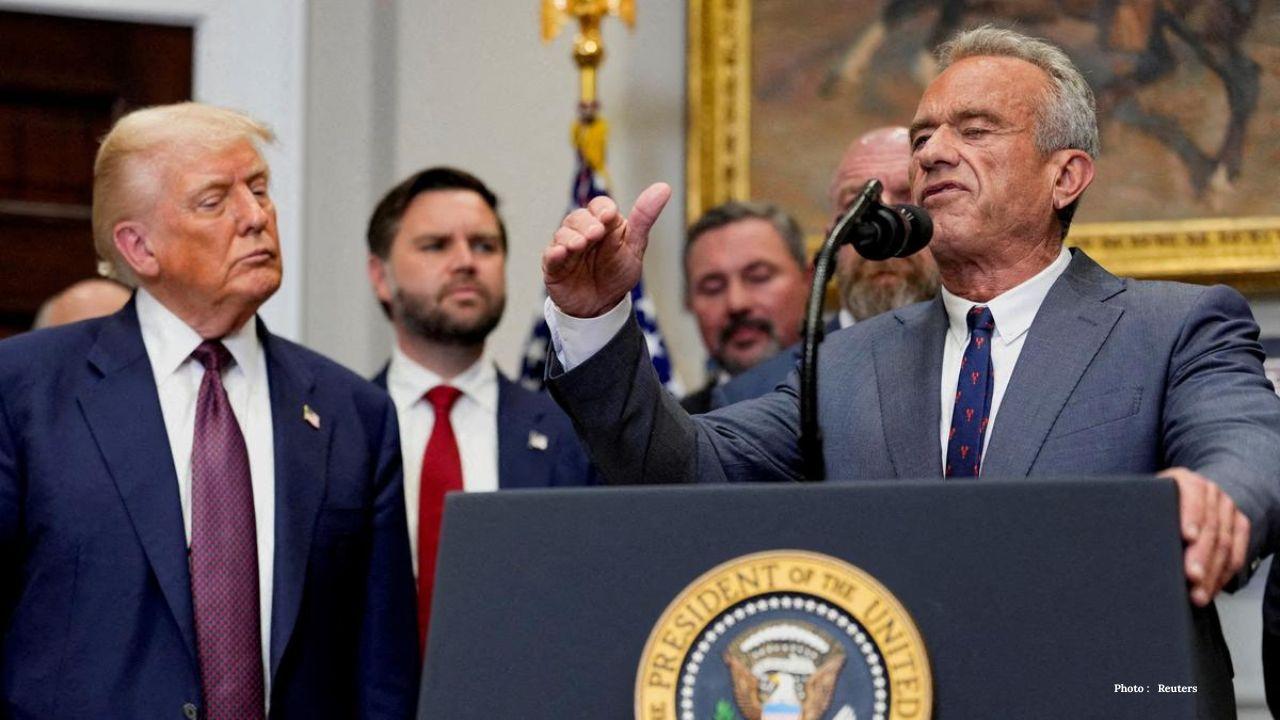
Post by :
On Monday, September 23, 2025, U.S. President Donald Trump made a controversial statement that quickly became a topic of heated discussion across the country. Speaking from the White House, he suggested that pregnant women should not take Tylenol, the common pain reliever also known as acetaminophen. According to him, this medicine could be one of the reasons behind the increasing cases of autism among children in the United States.
The President went as far as saying that women should avoid Tylenol “throughout the entire pregnancy.” He also repeated doubts about vaccines, an issue that has been debated for many years but has already been studied in great depth by scientists and doctors. His comments came at a time when his administration has been under pressure to explain why autism diagnoses in children are rising sharply.
This pressure has been especially strong from Health Secretary Robert F. Kennedy Jr. and his “Make America Healthy Again” movement. Kennedy has long been known for promoting theories that vaccines might be connected to autism, even though medical experts around the world have repeatedly proven that vaccines are safe and not linked to the disorder.
Autism, according to the Centers for Disease Control and Prevention (CDC), now affects about 1 in every 31 children in the U.S. The number seems to have increased a lot in recent years, but doctors and researchers say there is a clear explanation. The main reason is that autism is no longer seen as a single disorder but as a “spectrum.” This means children with mild conditions are also diagnosed today, whereas in the past they might have been overlooked. On top of that, awareness has grown, and doctors are better at identifying the signs.
Experts strongly disagree with Trump’s claims about Tylenol. They explain that while some studies have tried to explore a possible connection between acetaminophen and autism, no proof has been found that the medicine directly causes it. Autism is influenced by a mix of genetic and environmental factors, not a single cause. By making such statements, critics say the President risks undermining decades of careful scientific research.
The issue also reflects a larger battle inside the Trump administration. Health Secretary Kennedy has been a driving force behind reshaping U.S. health policies. He has brought in several advisers who are openly critical of vaccines, and just last week, a key immunization panel changed its recommendations for COVID-19 and other vaccines, following Kennedy’s influence. This has worried many doctors who believe such changes could weaken public trust in vaccines and harm public health.
Trump had hinted at Sunday night that he was about to announce something major, telling reporters, “I think we found an answer to autism.” But many health professionals quickly pushed back, saying that no administration could suddenly discover the cause of autism, especially not in its first year. They stressed that much more research is needed before anyone can claim to understand all the reasons behind the condition.
For years, Kennedy and his supporters have tried to connect vaccines to autism, even though numerous large-scale studies have ruled out any such link. Scientists say the real reason for the higher autism rates is a combination of new definitions, better awareness, and improved diagnostic tools. They do not rule out that other environmental factors might play a small role, but they are certain vaccines and medicines like Tylenol cannot be blamed without solid evidence.
Trump’s statement adds fuel to an already sensitive debate in America. Autism is a condition that affects millions of families, and many parents are desperate for answers. But experts caution that spreading unproven theories could create fear and confusion among expectant mothers. Instead, they advise pregnant women to follow medical guidance from doctors, who weigh the benefits and risks of any medicine before prescribing it.
The President’s comments also reveal how health discussions in America are becoming more political. By suggesting that autism could be caused by everyday medicines or vaccines, Trump and Kennedy risk shaping public opinion in ways that conflict with established science. Doctors fear this could lead to more mistrust in health institutions and potentially dangerous choices by families.
While the administration calls this the beginning of a “new public health direction,” critics say it is a step backwards that might weaken confidence in the medical system. They warn that important resources might be wasted on chasing theories that have already been proven false, instead of supporting research that can genuinely help children with autism and their families.
The autism debate will likely continue to grow, especially as Trump and Kennedy push their vision of health policy. Families, doctors, and researchers will be watching closely to see if the government invests in meaningful scientific research or continues to promote controversial claims. For now, the advice from experts remains the same: there is no solid proof that Tylenol or vaccines cause autism. Better diagnosis and broader definitions are the main reasons for the rising numbers.
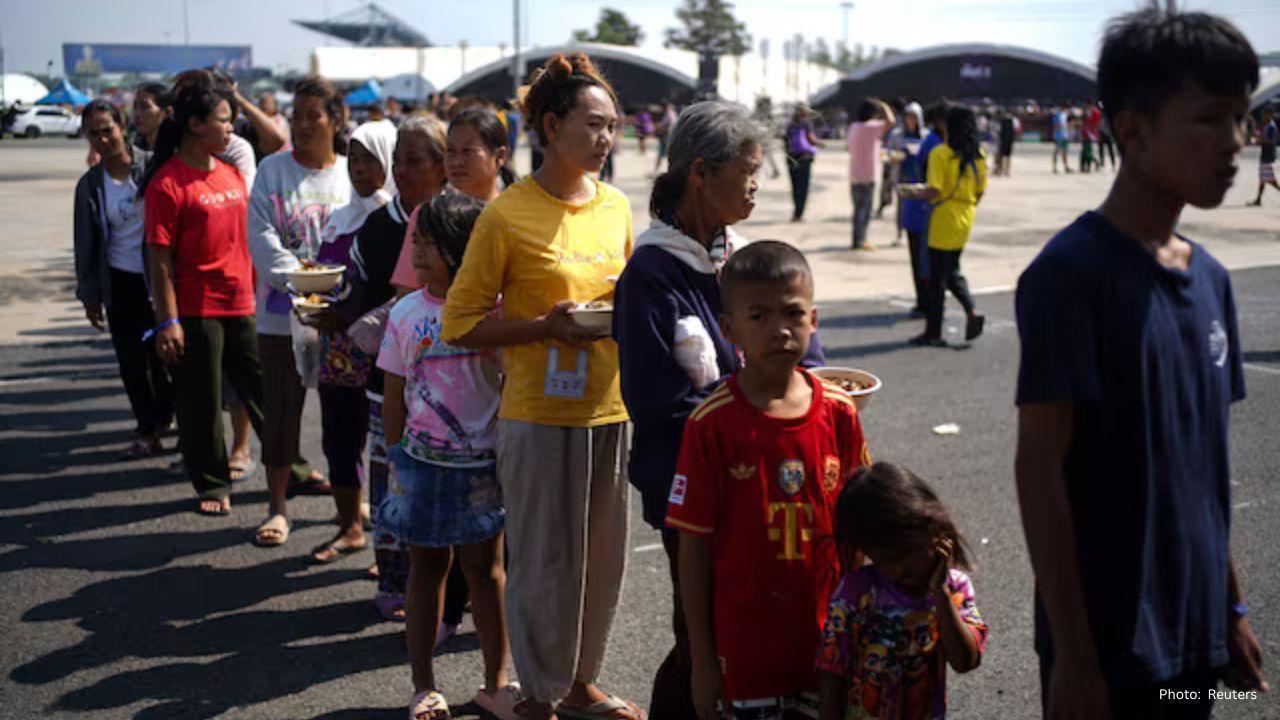
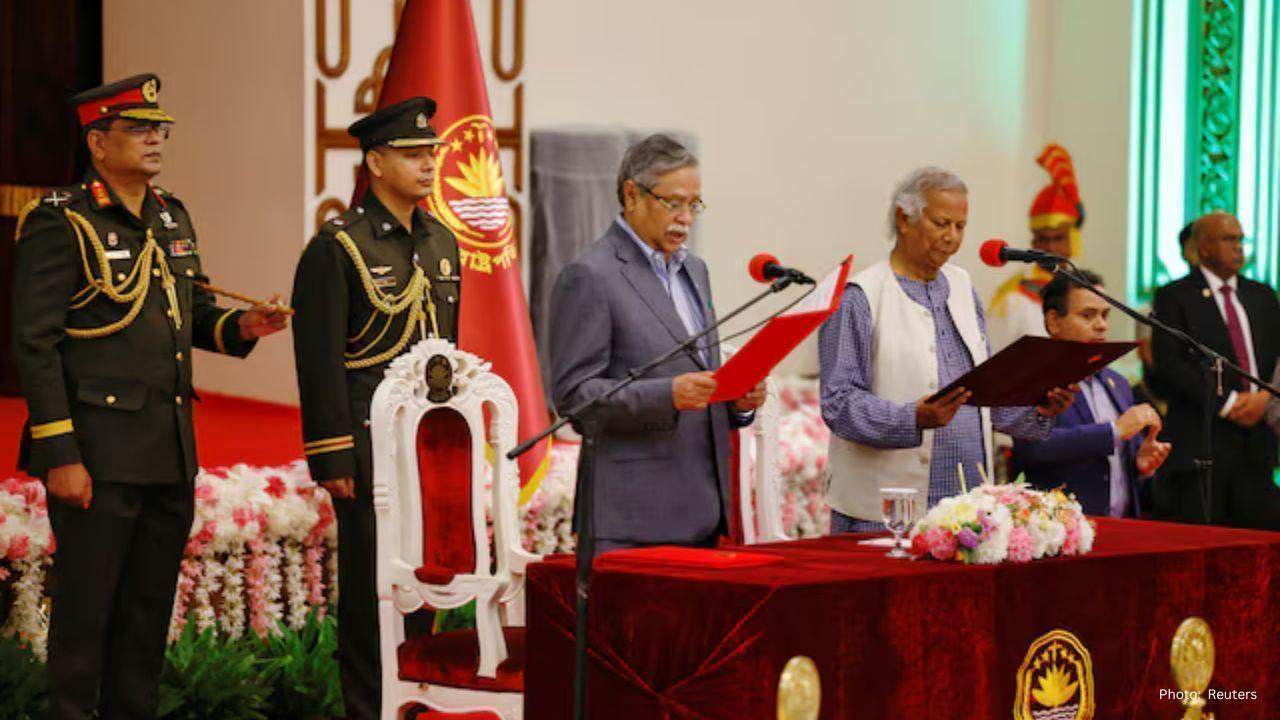
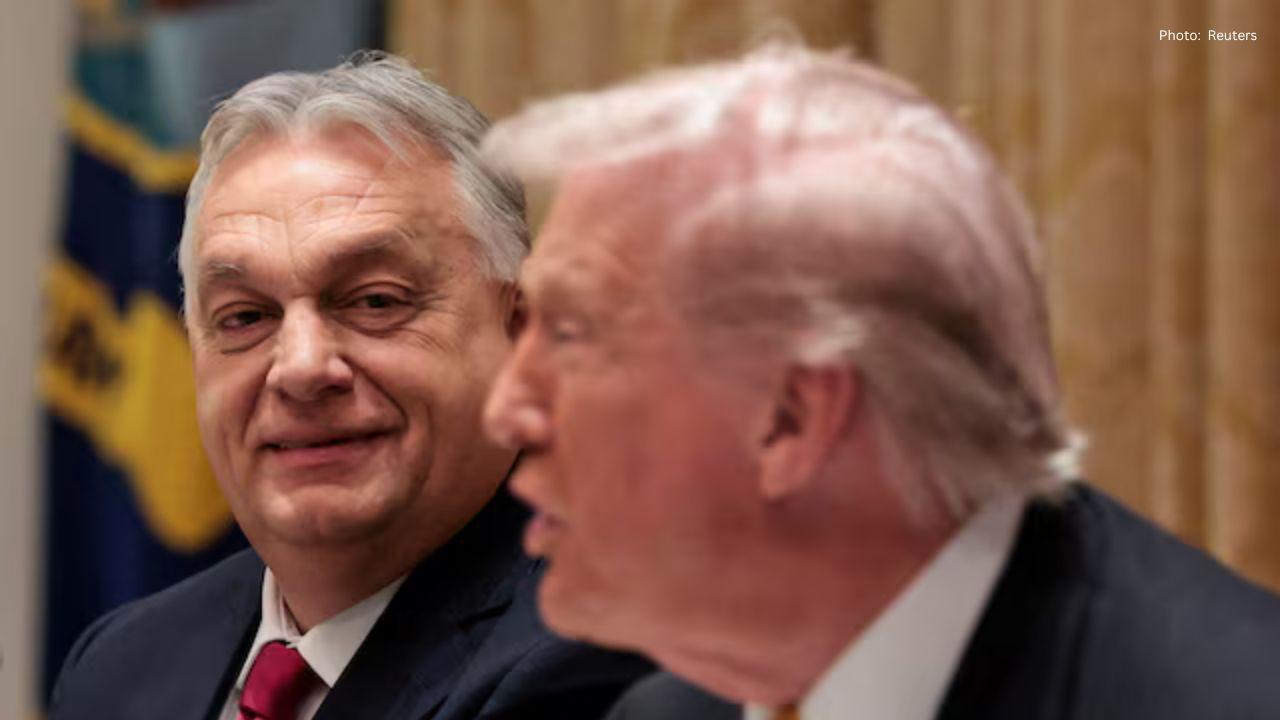


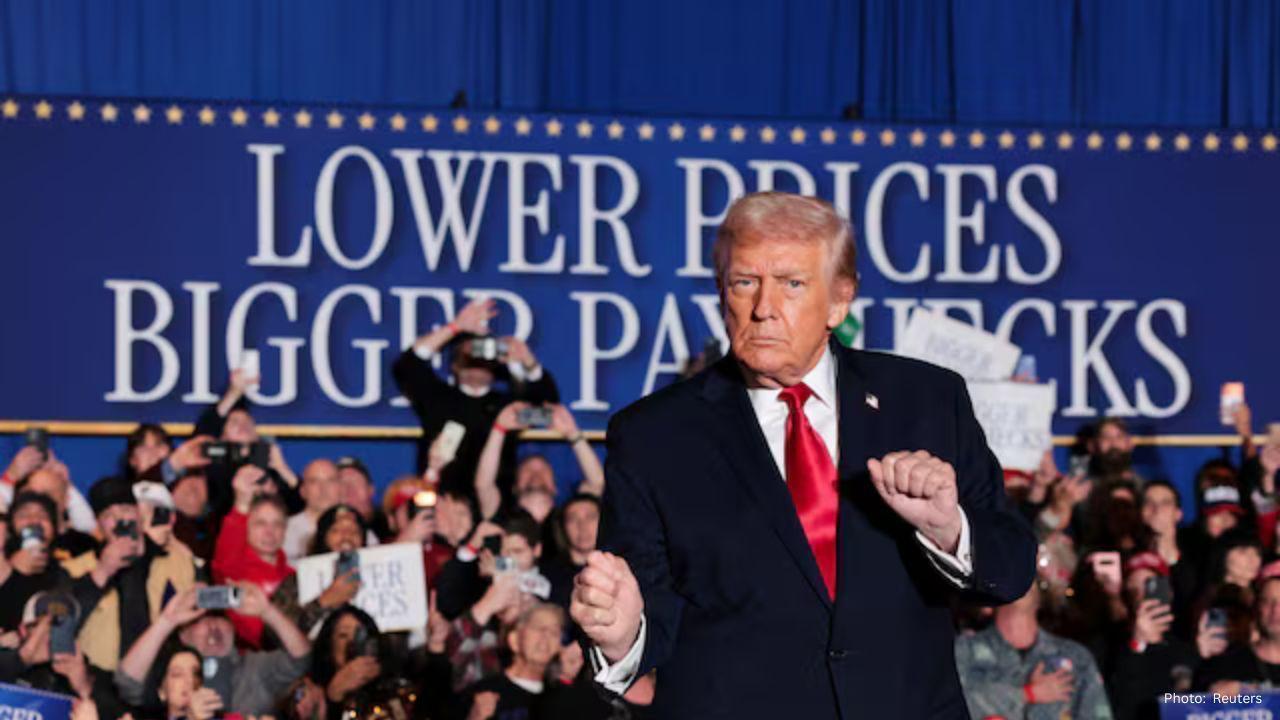


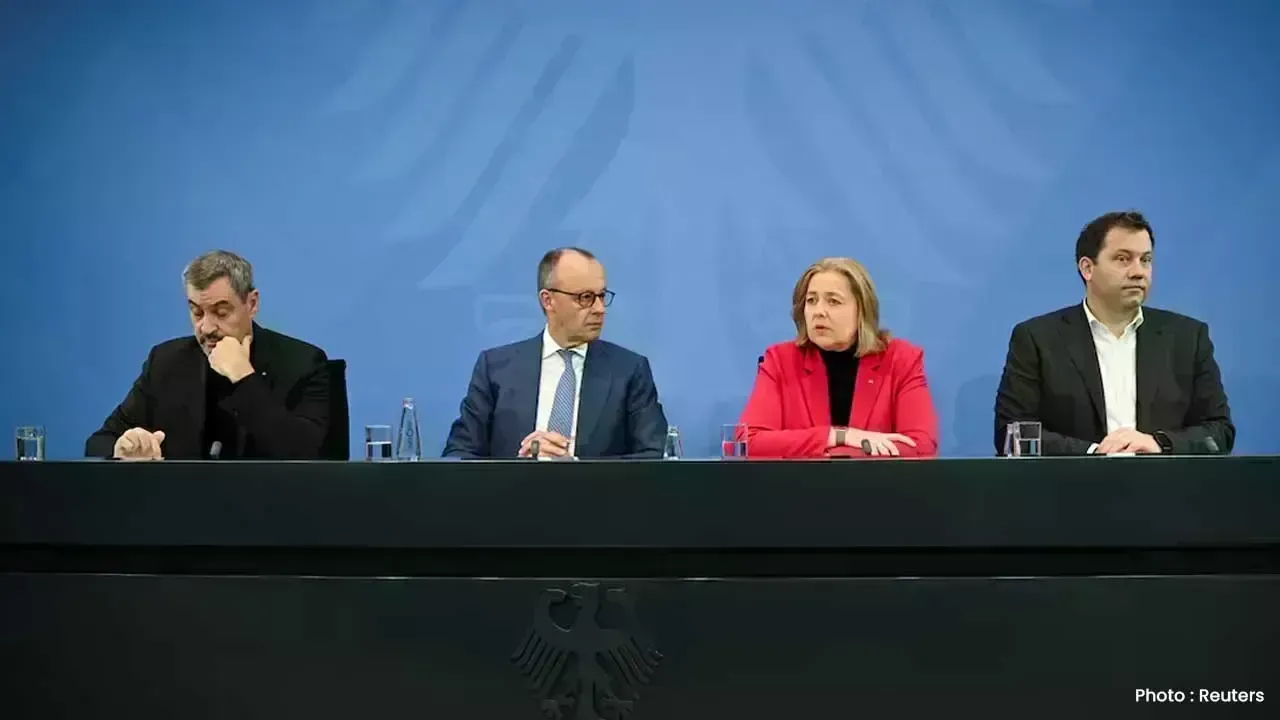

OpenAI Highlights Growing Cybersecurity Threats from Emerging AI Technologies
OpenAI has raised alarms about the increasing cyber risks from its upcoming AI models, emphasizing s

Manchester City Triumphs 2-1 Against Real Madrid, Alonso Faces Increased Scrutiny
Manchester City secured a 2-1 victory over Real Madrid, raising concerns for coach Xabi Alonso amid

Cristiano Ronaldo Leads Al Nassr to 4-2 Victory Over Al Wahda in Friendly Face-Off
Ronaldo's goal helped Al Nassr secure a 4-2 friendly win over Al Wahda, boosting anticipation for th
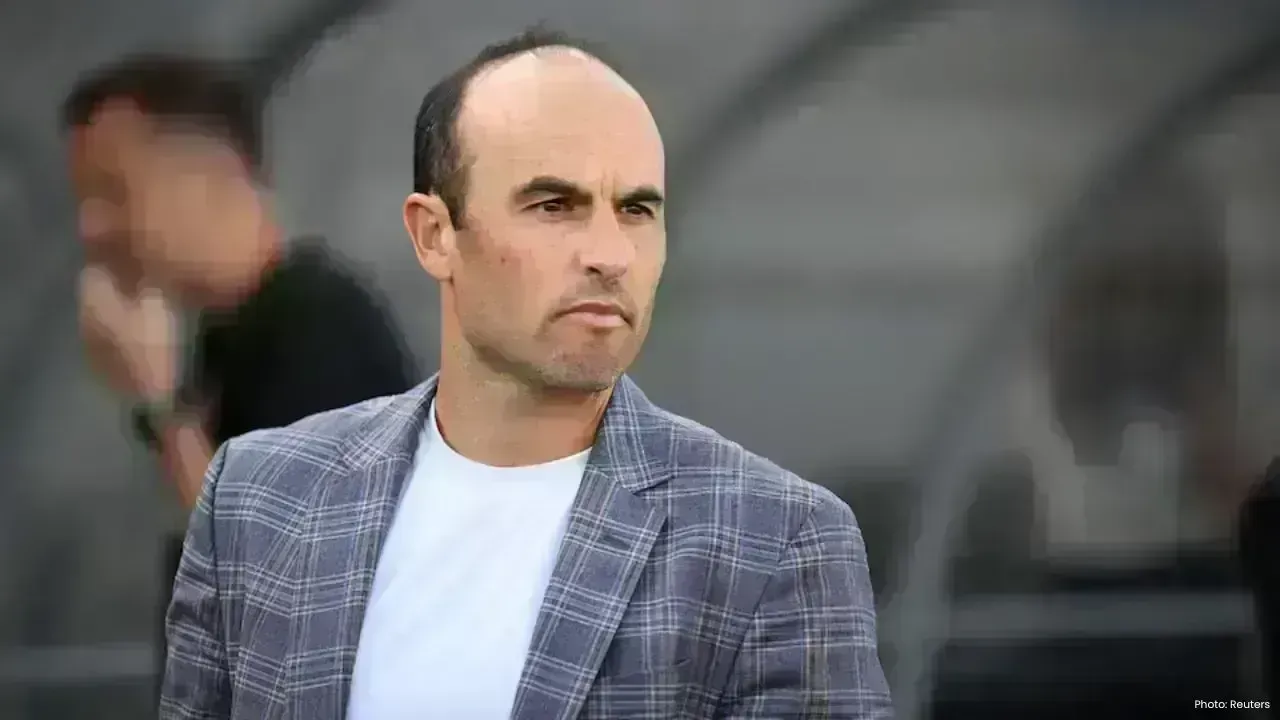
Landon Donovan Challenges Australia Coach on World Cup Prospects
Landon Donovan counters Australia coach Tony Popovic’s optimism for the World Cup, expecting an earl

Mercedes-Benz Forms Landmark Partnership with WTA
Mercedes-Benz and the WTA unveil a significant partnership effective January 2026, with major invest
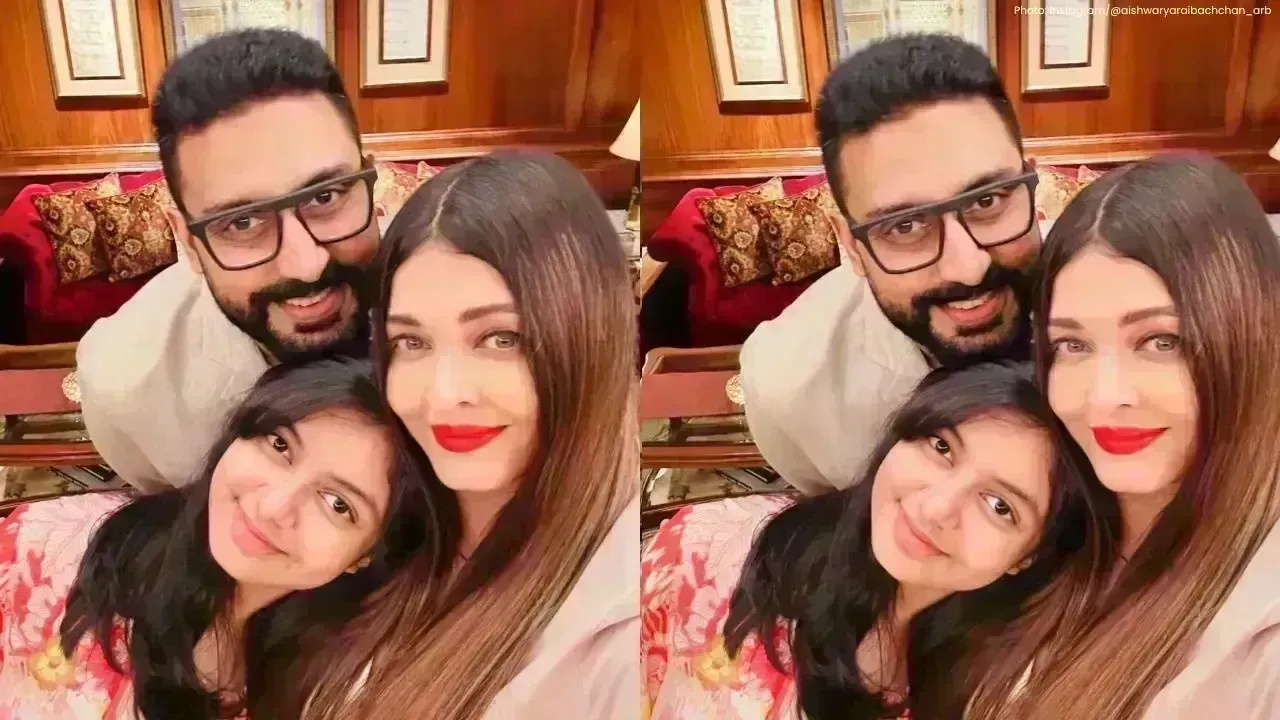
Abhishek Addresses Divorce Rumours Concerning His Family
Abhishek Bachchan confirms that daughter Aaradhya remains oblivious to divorce speculations, focusin